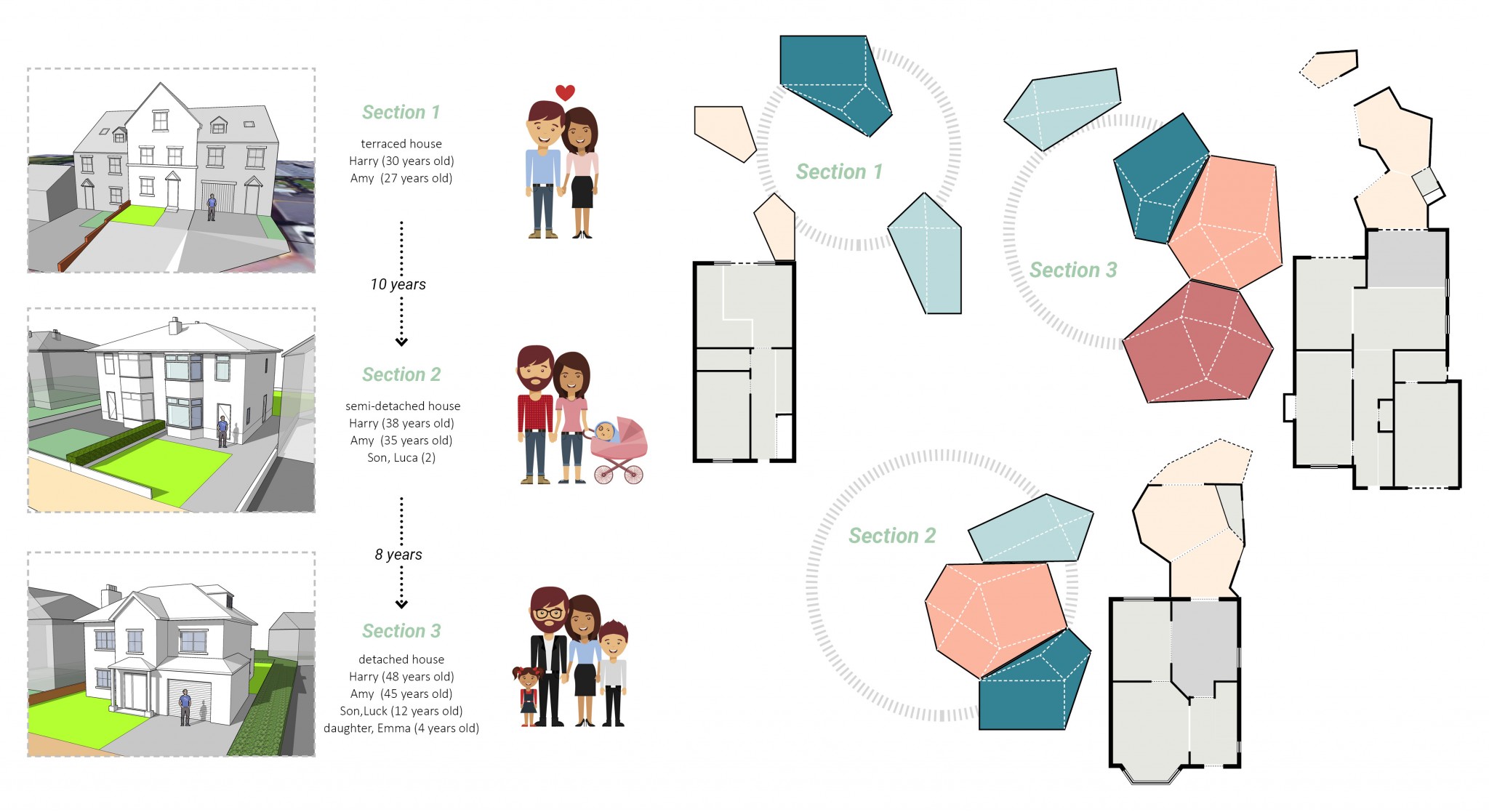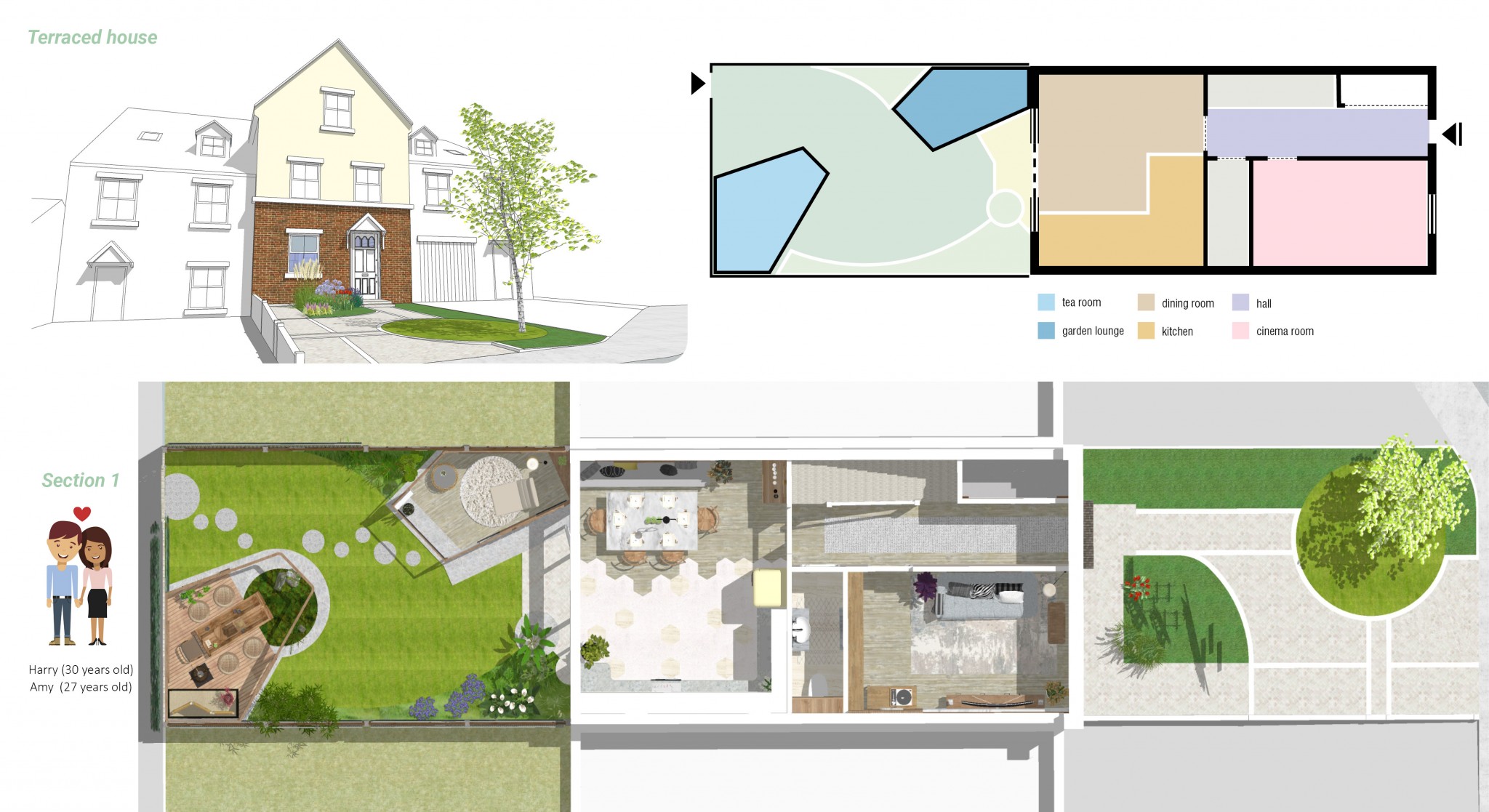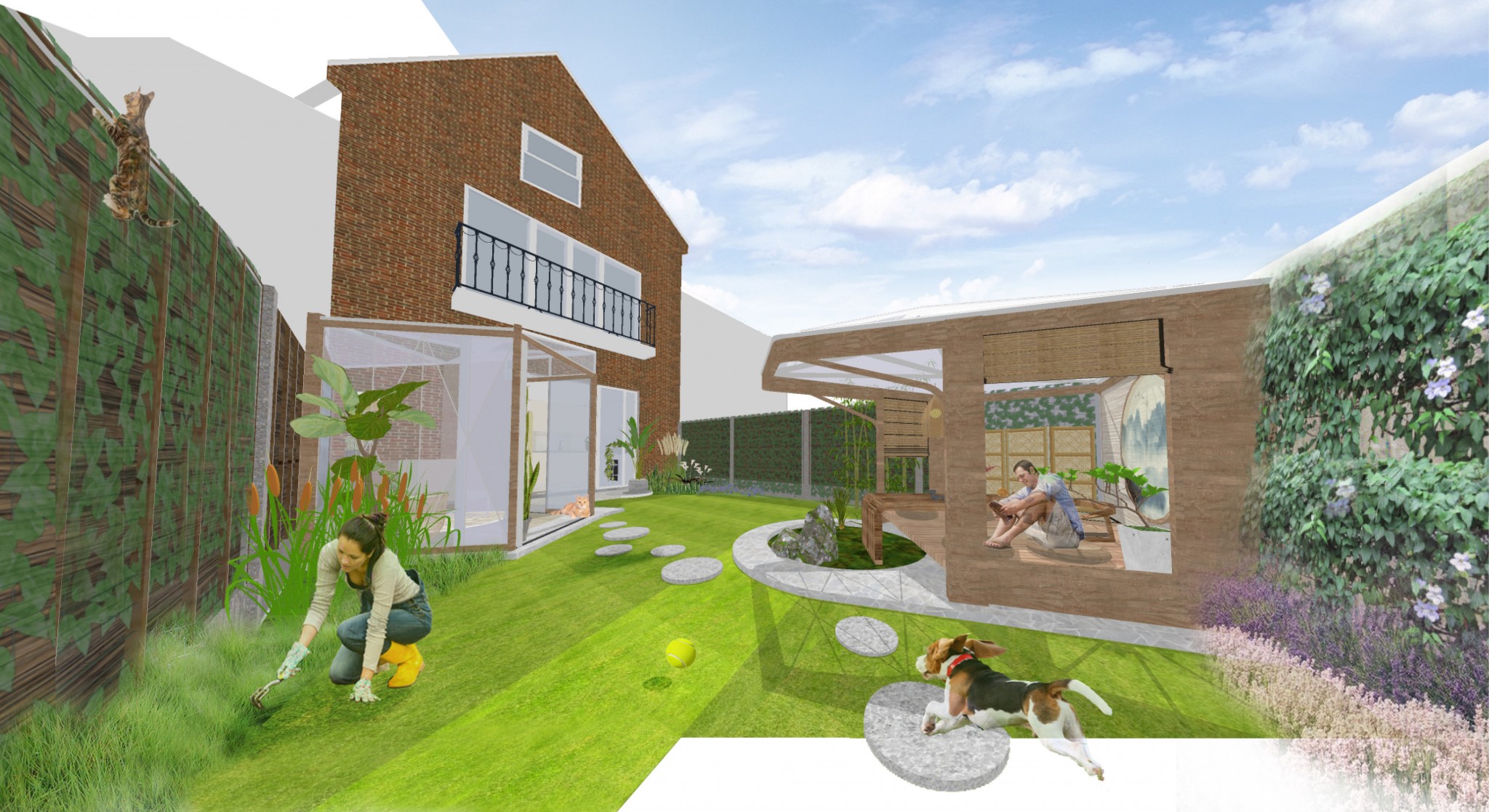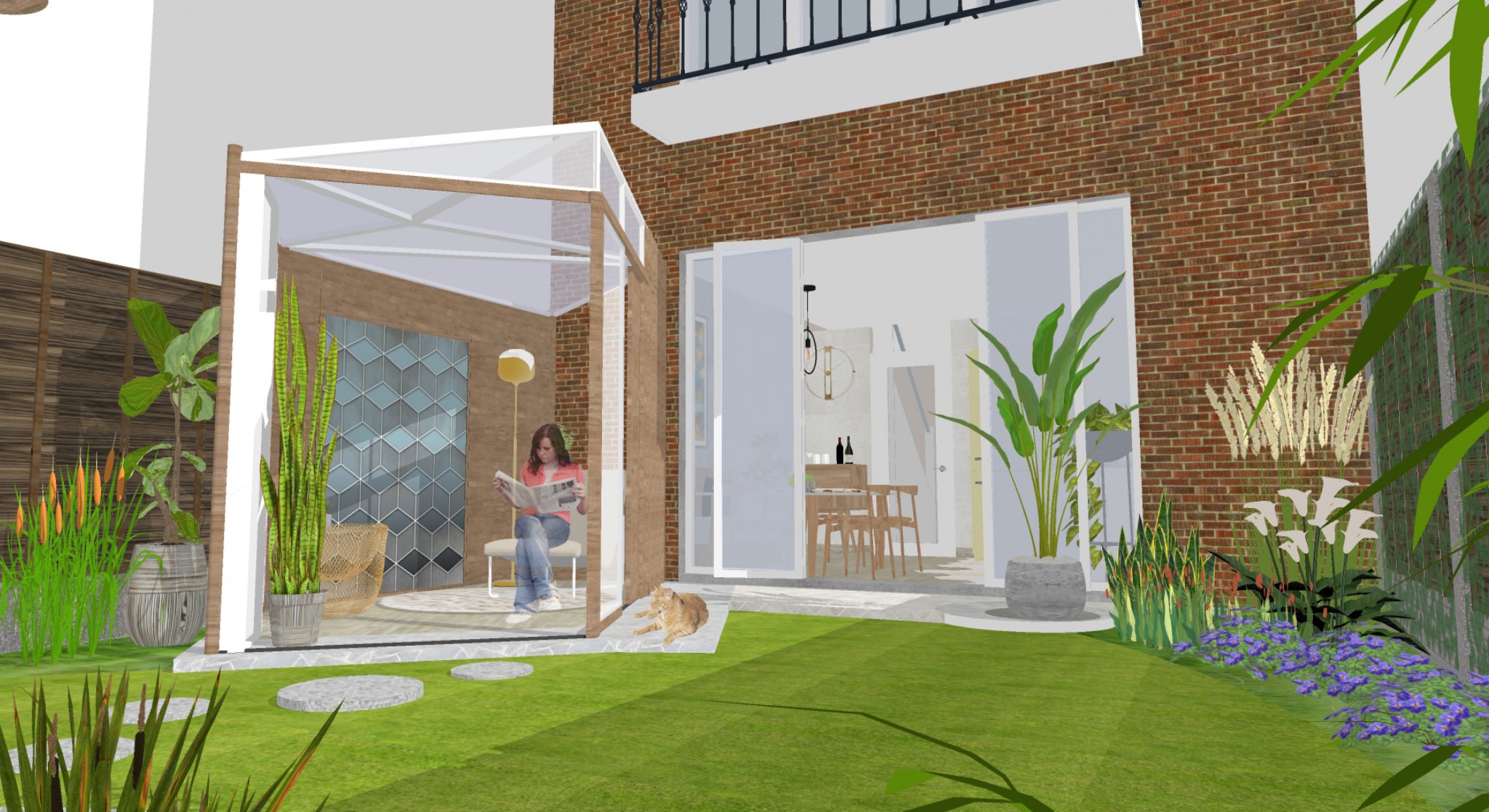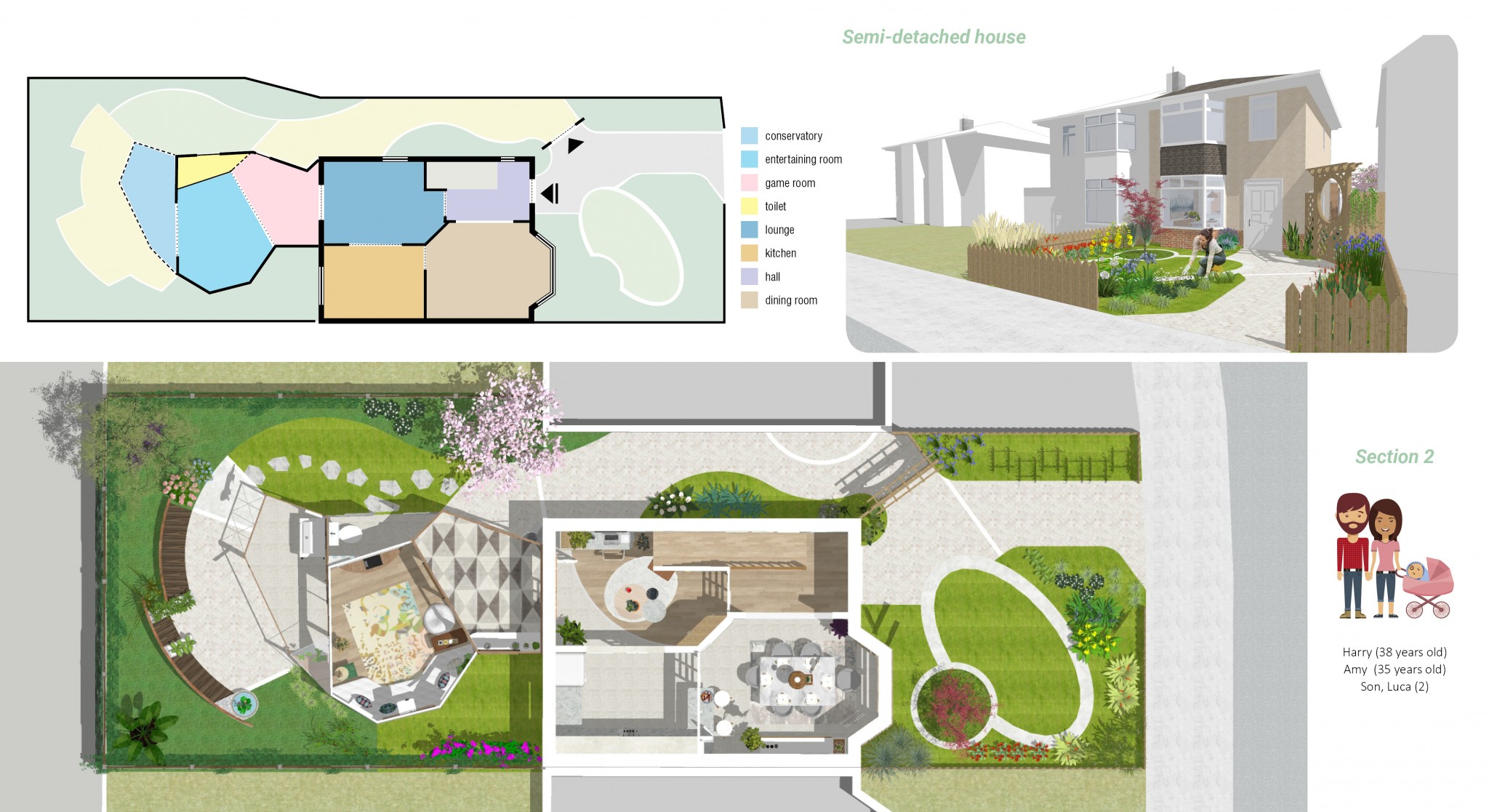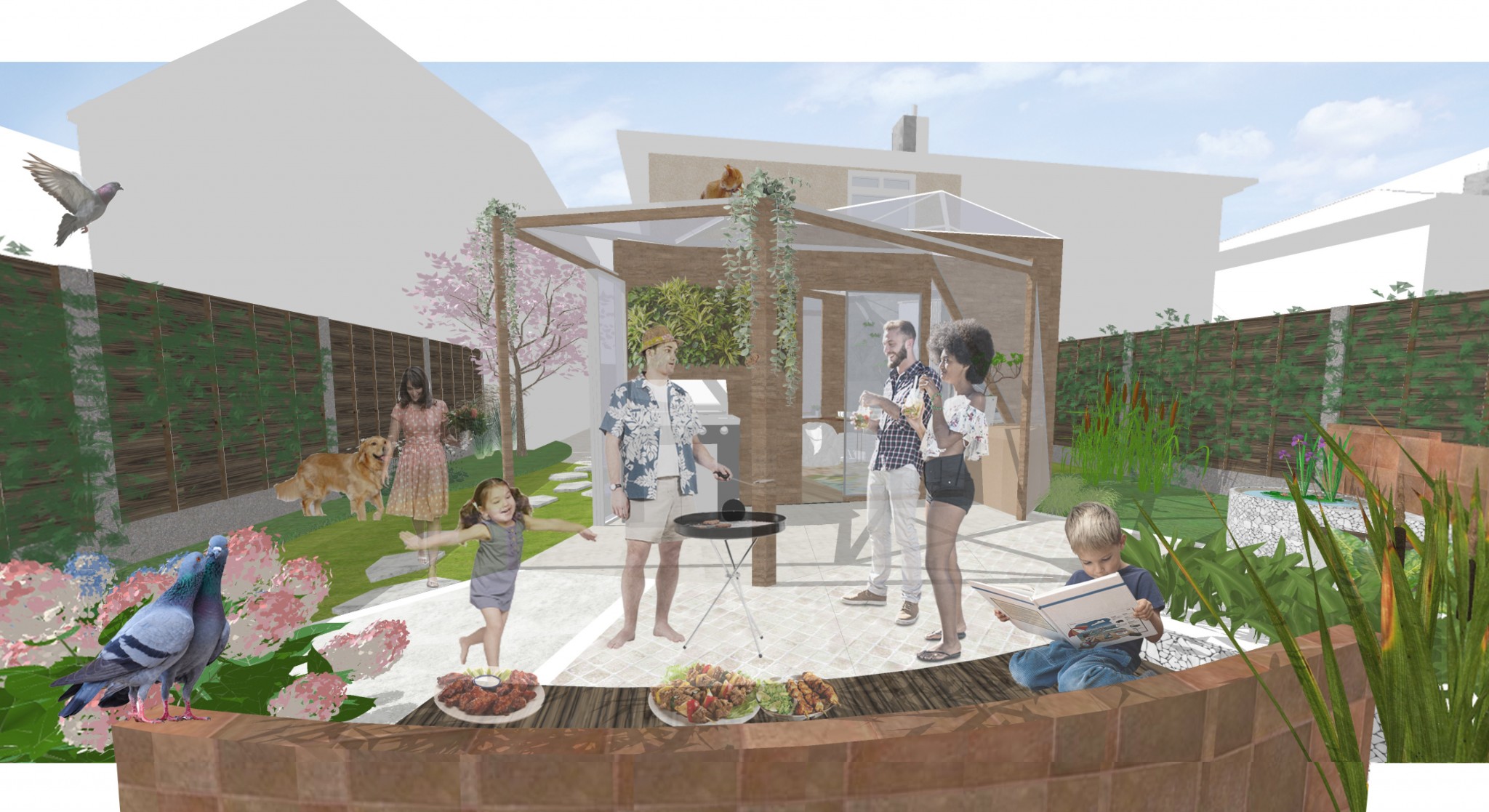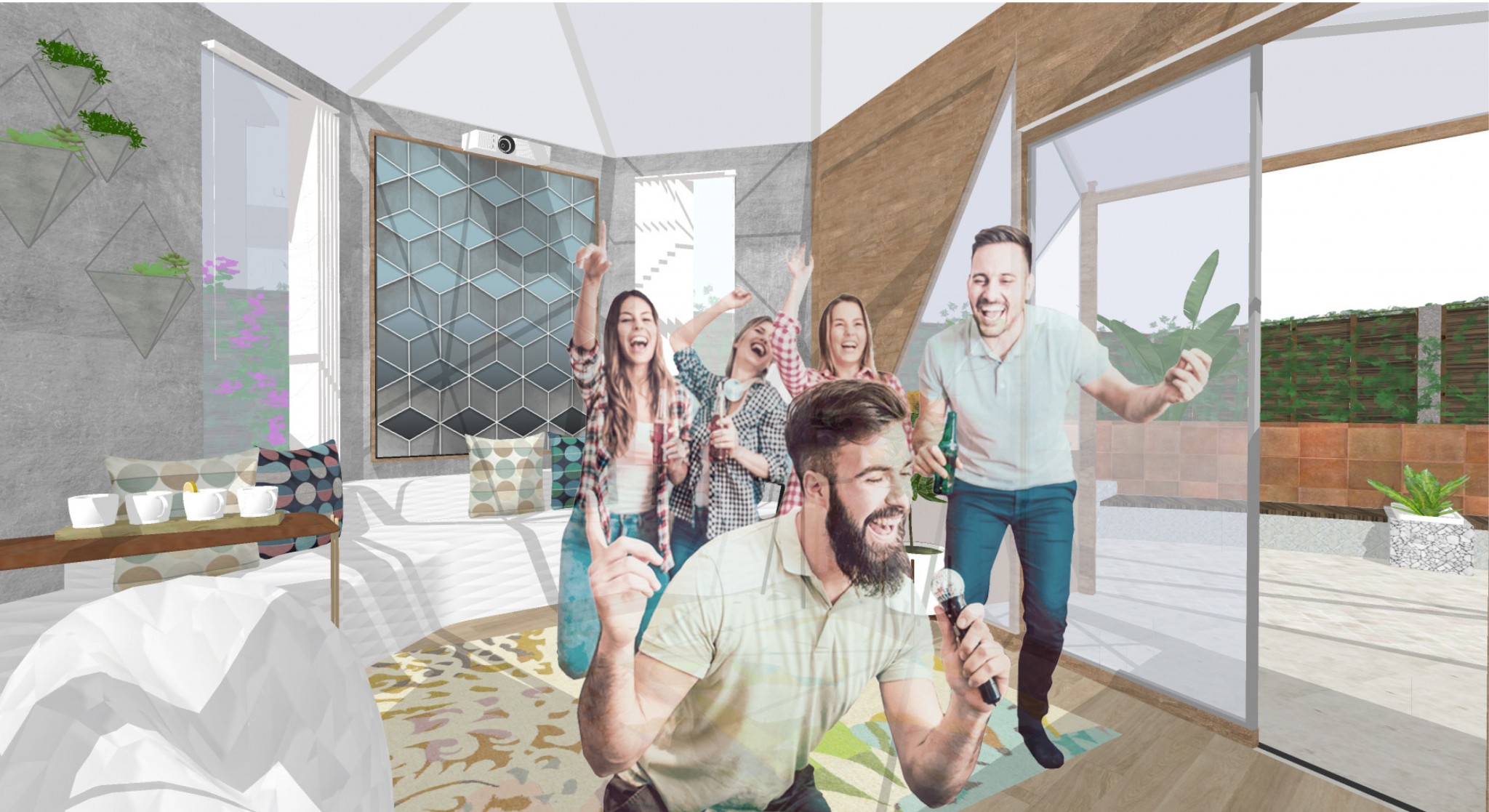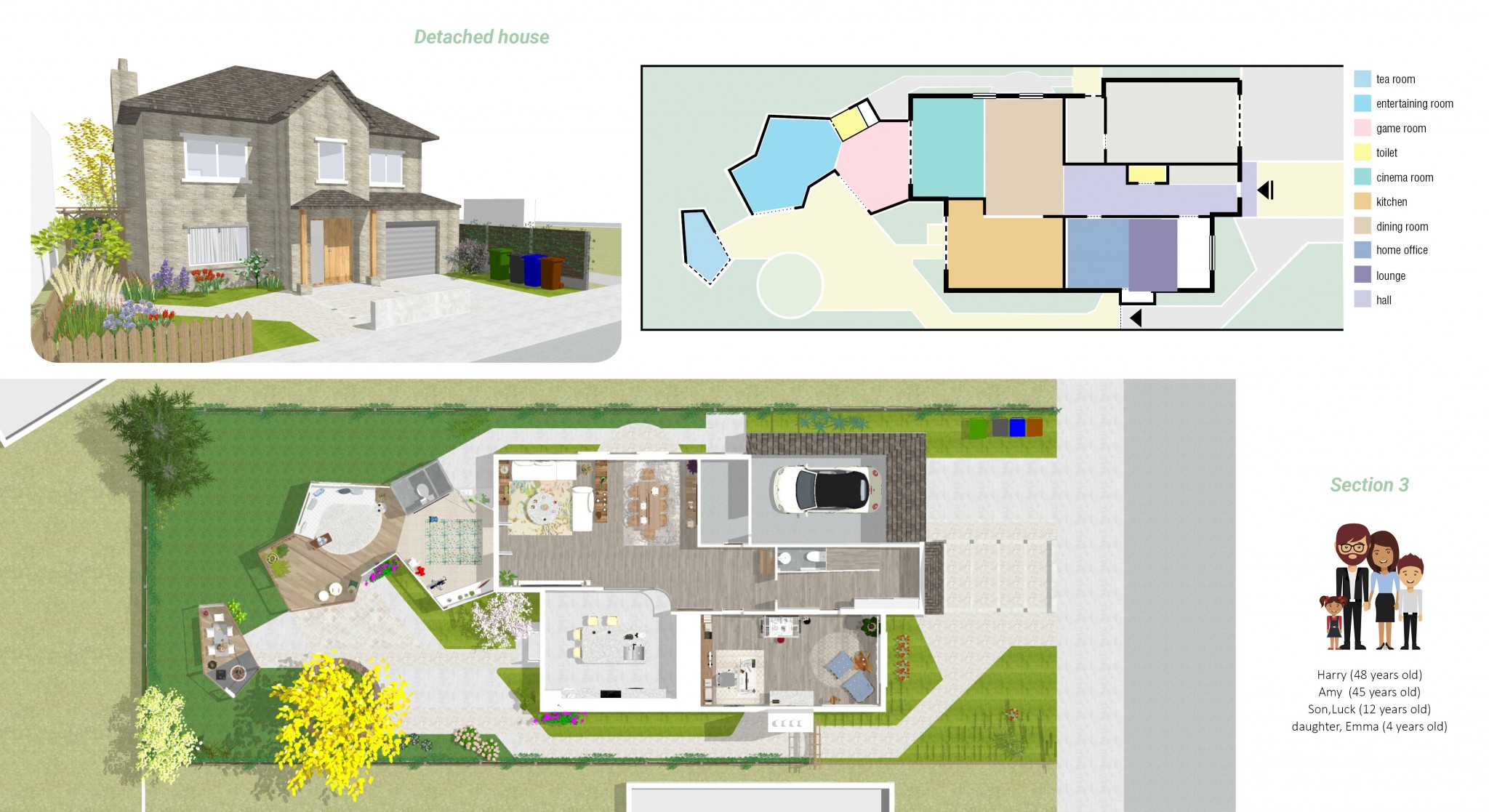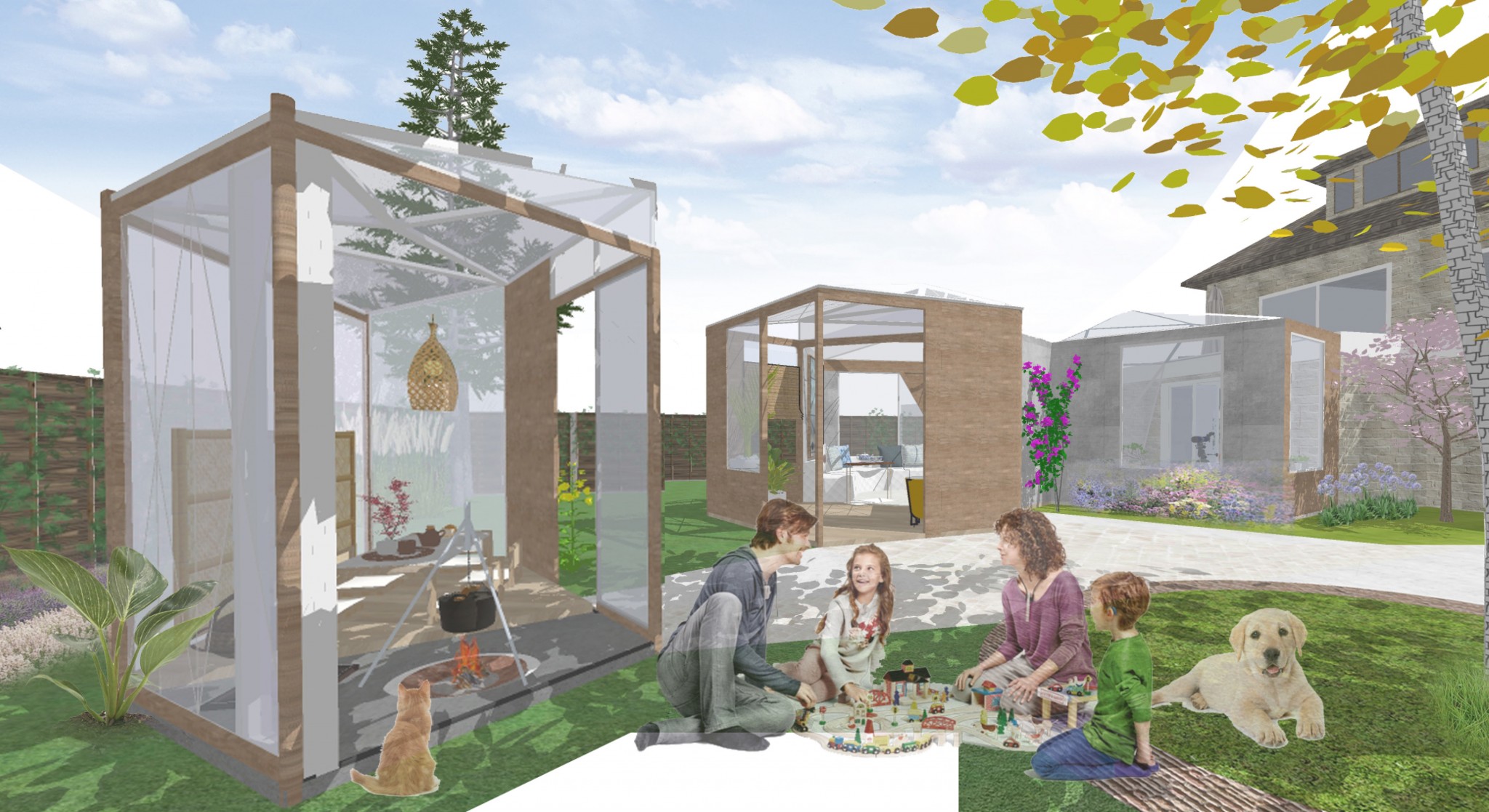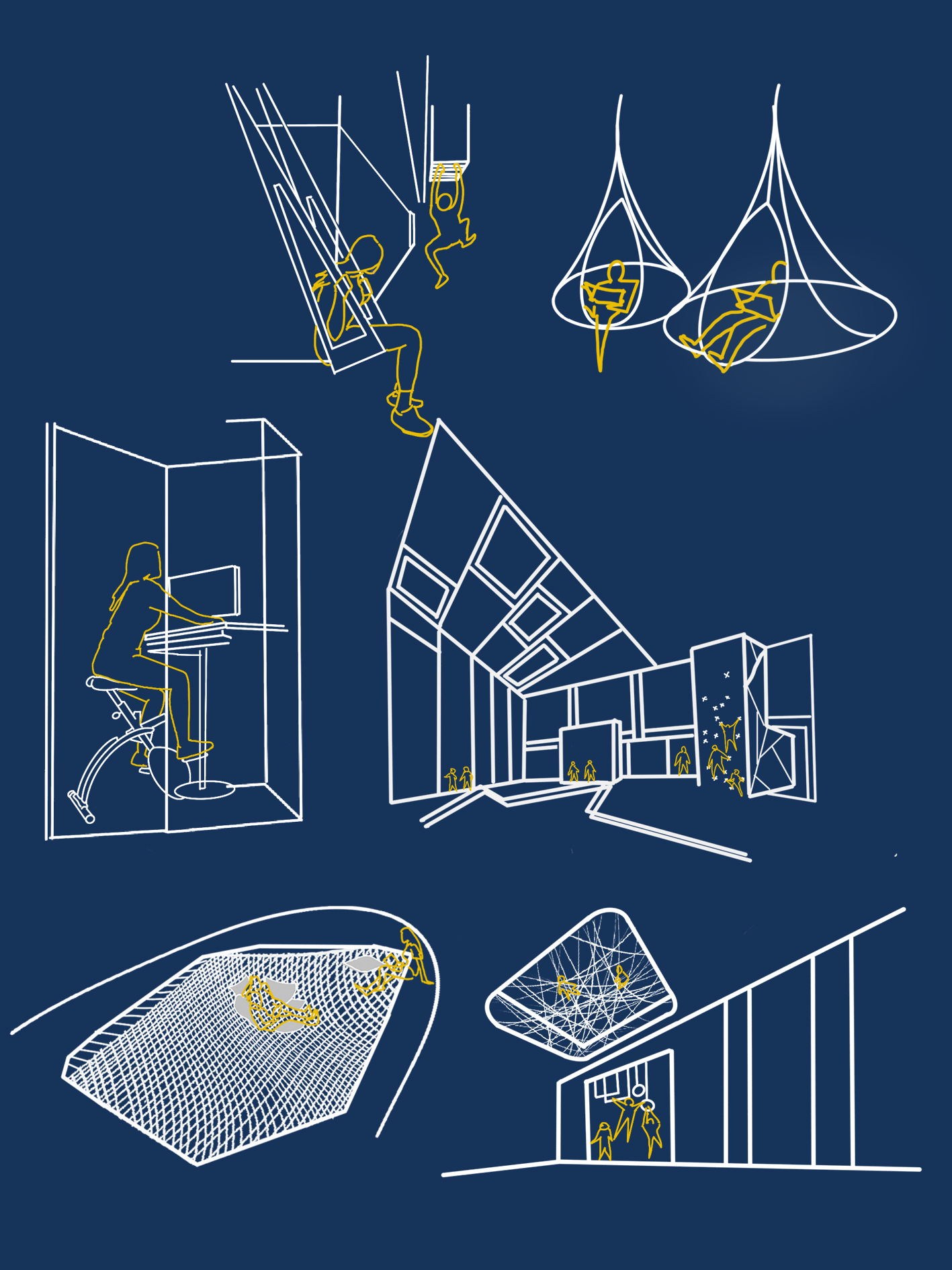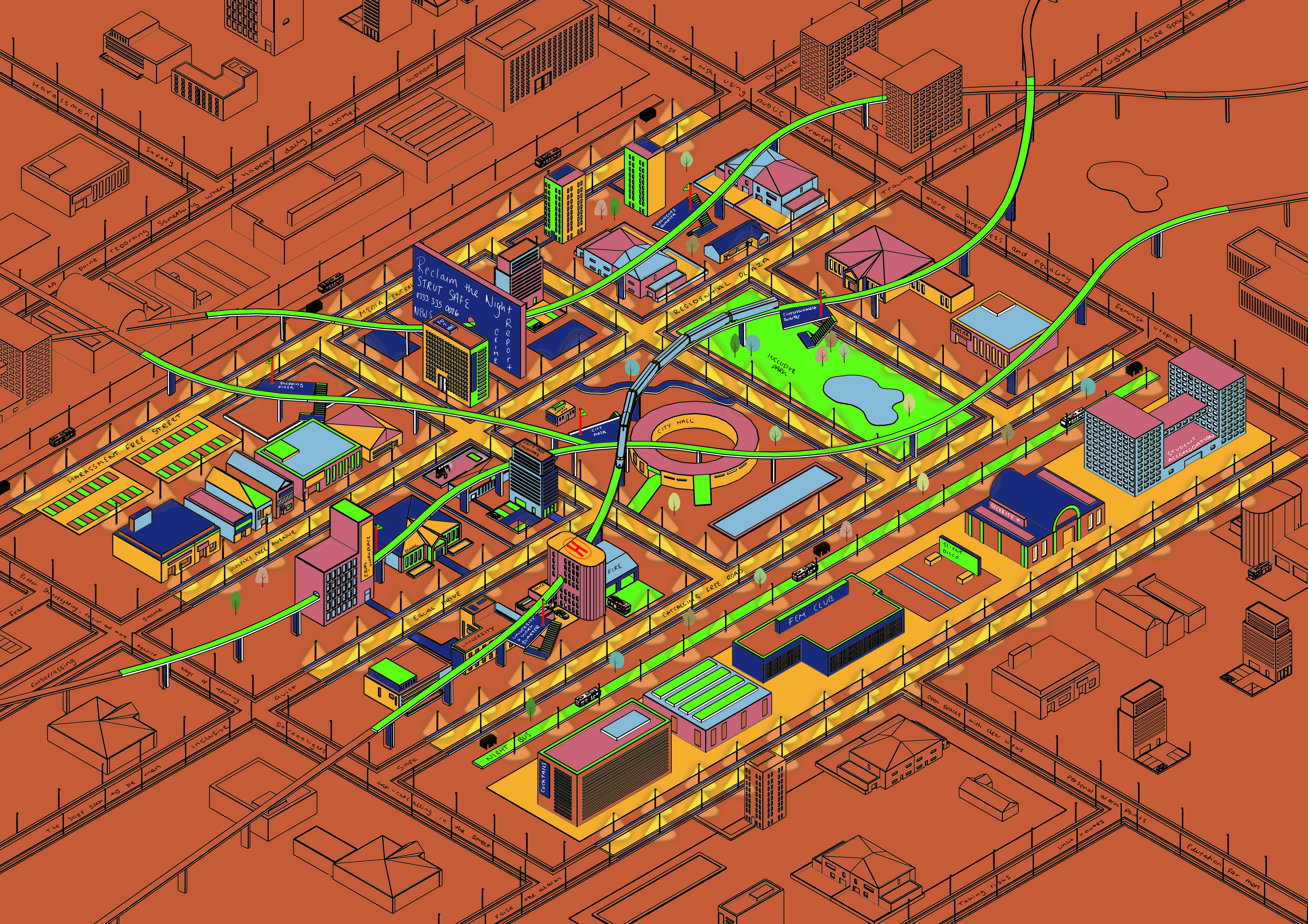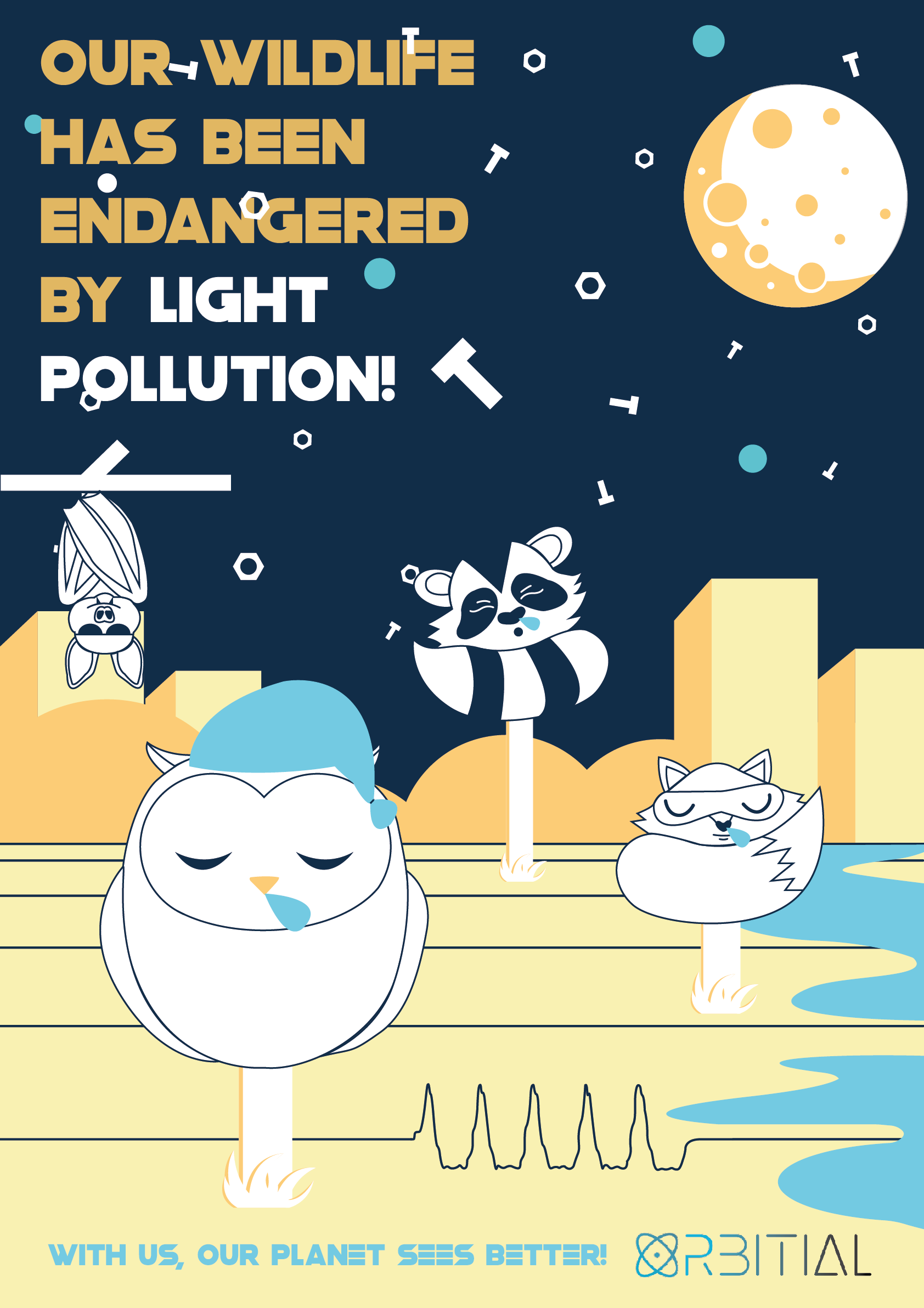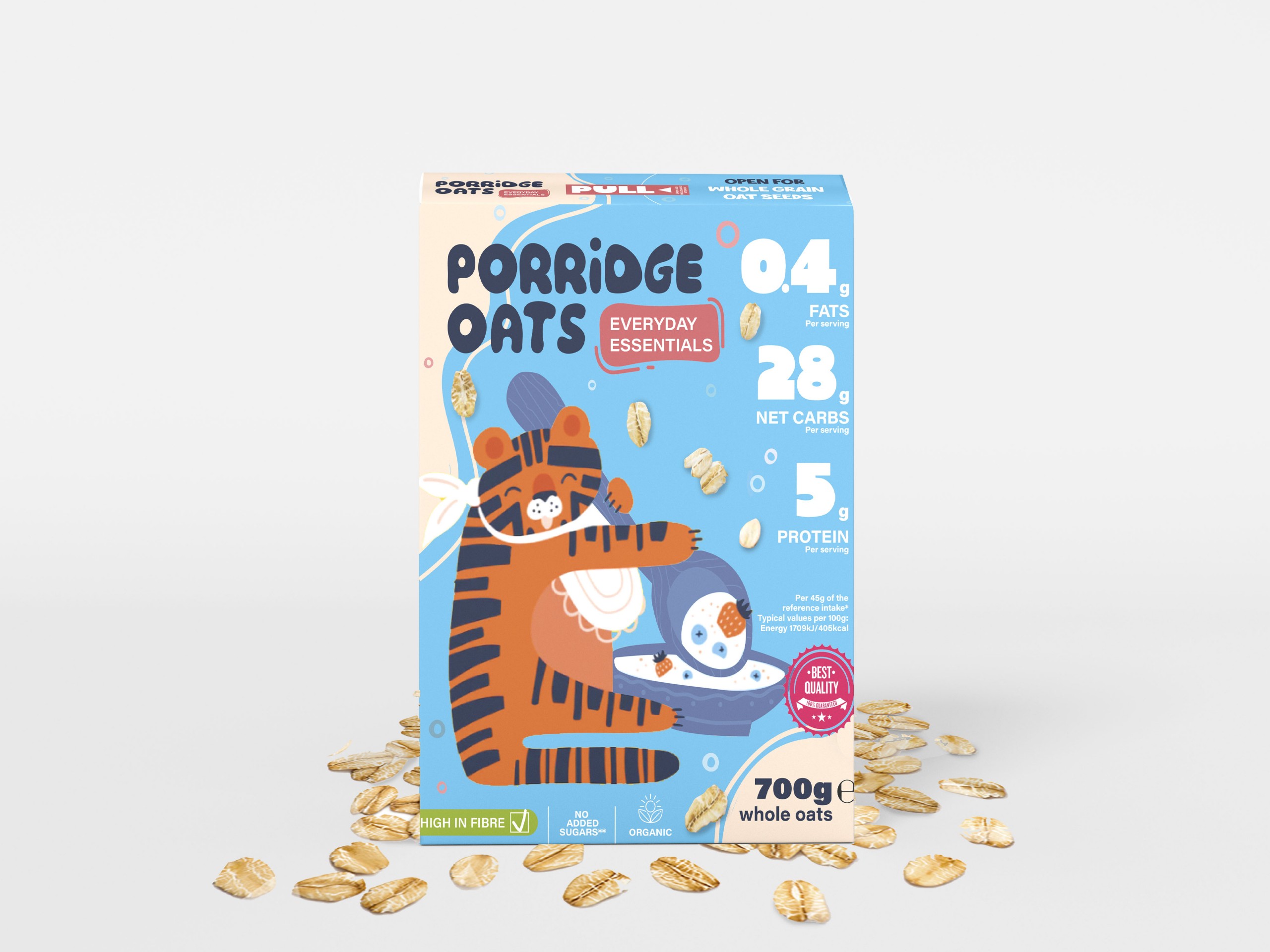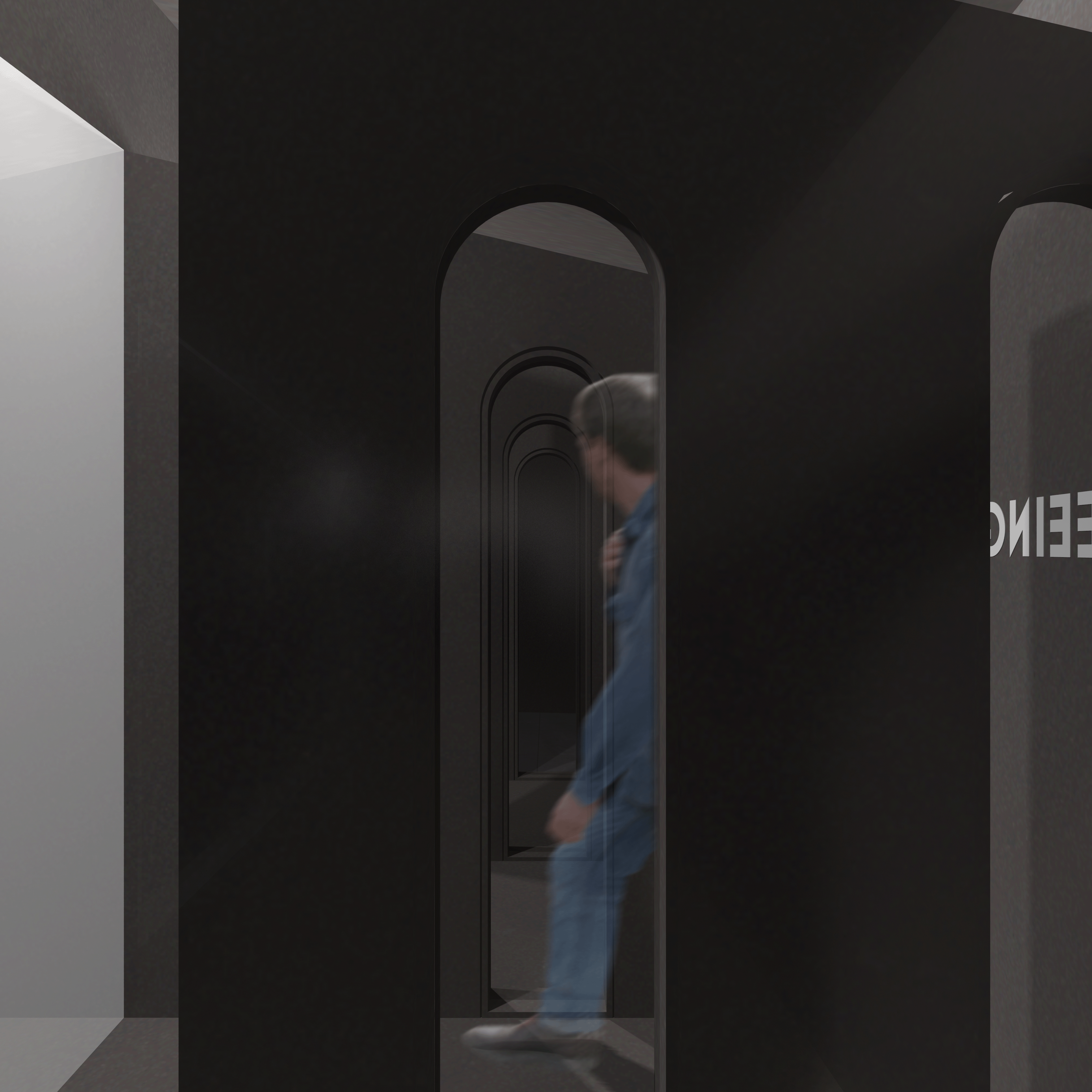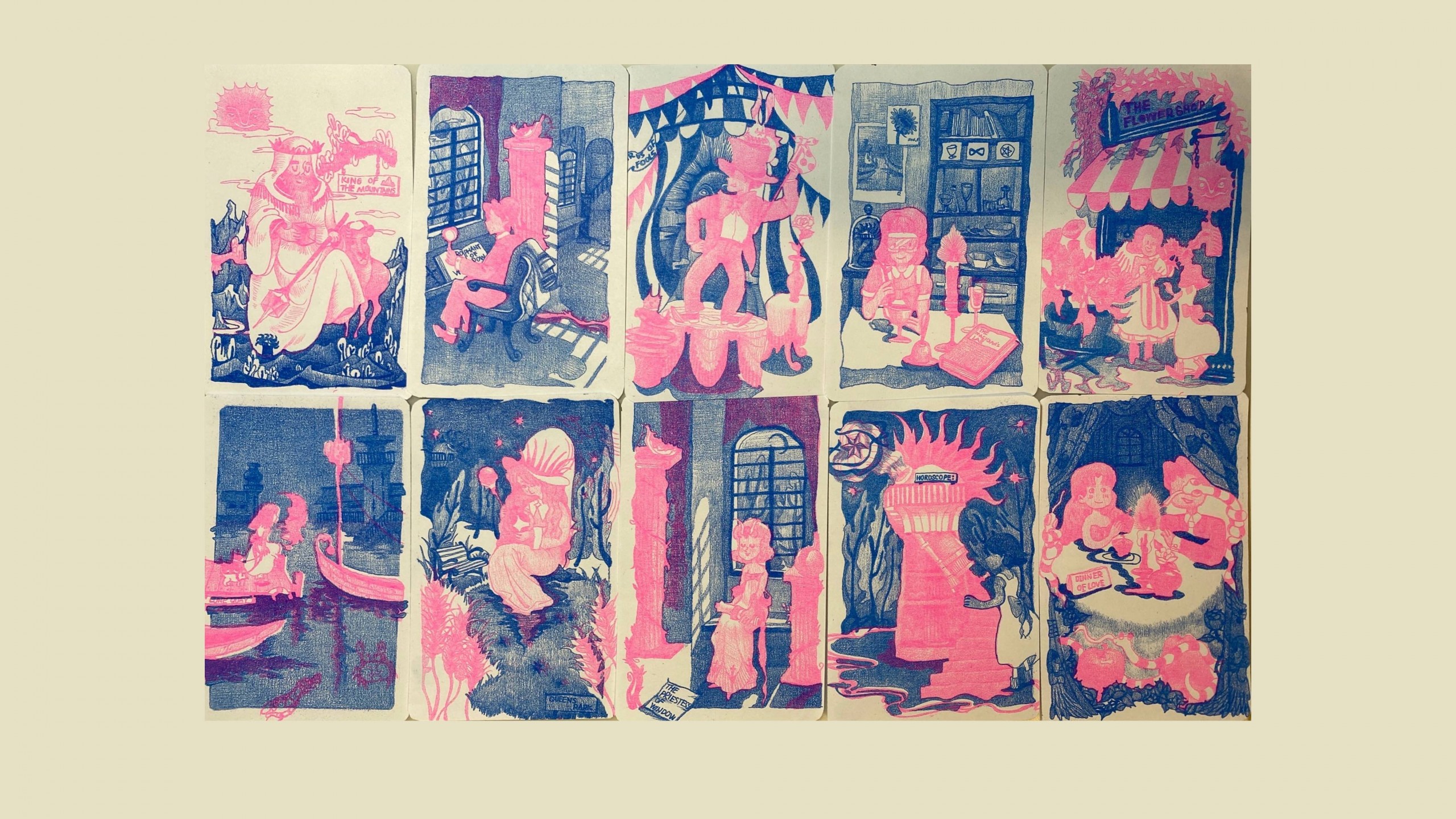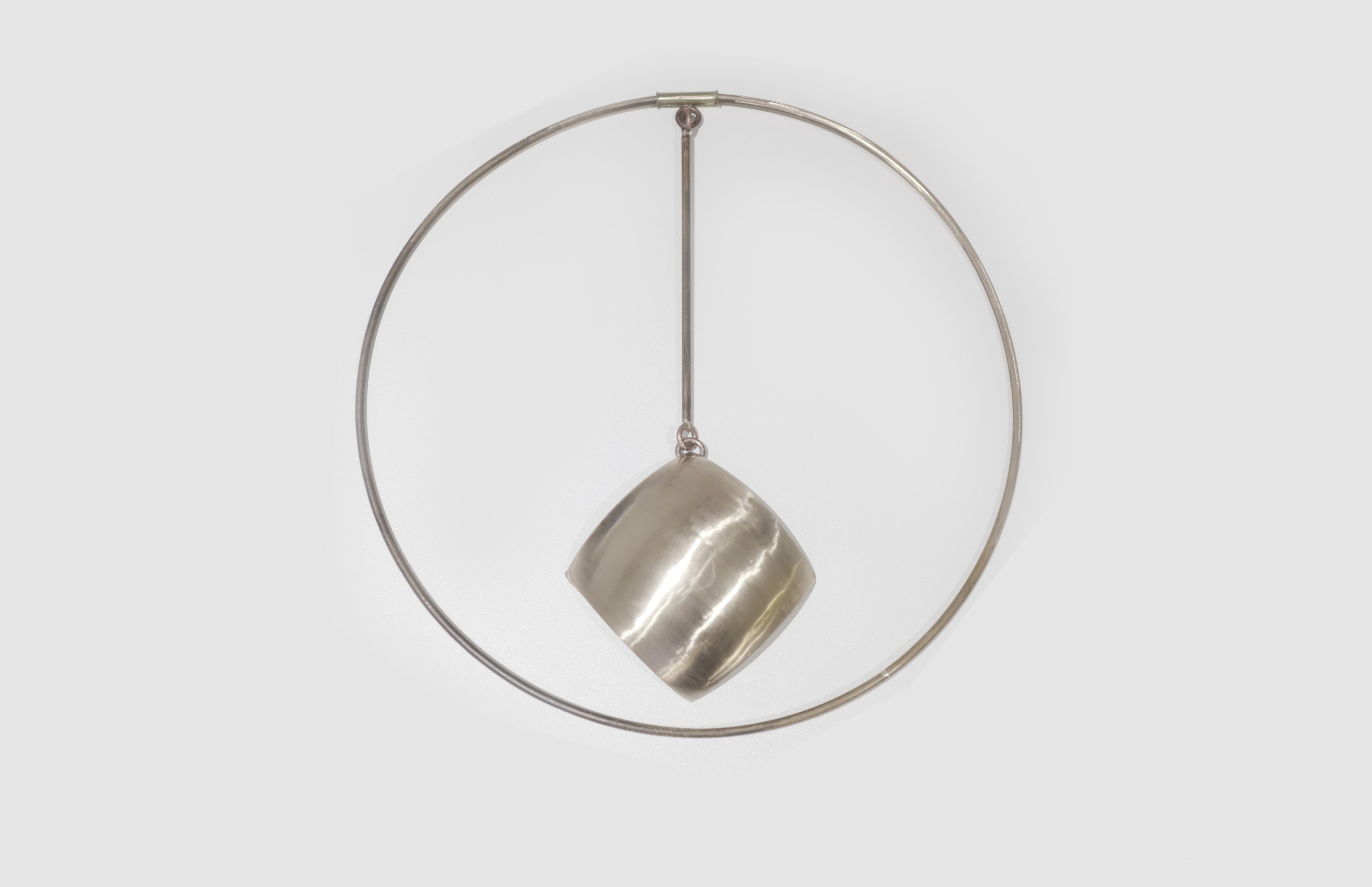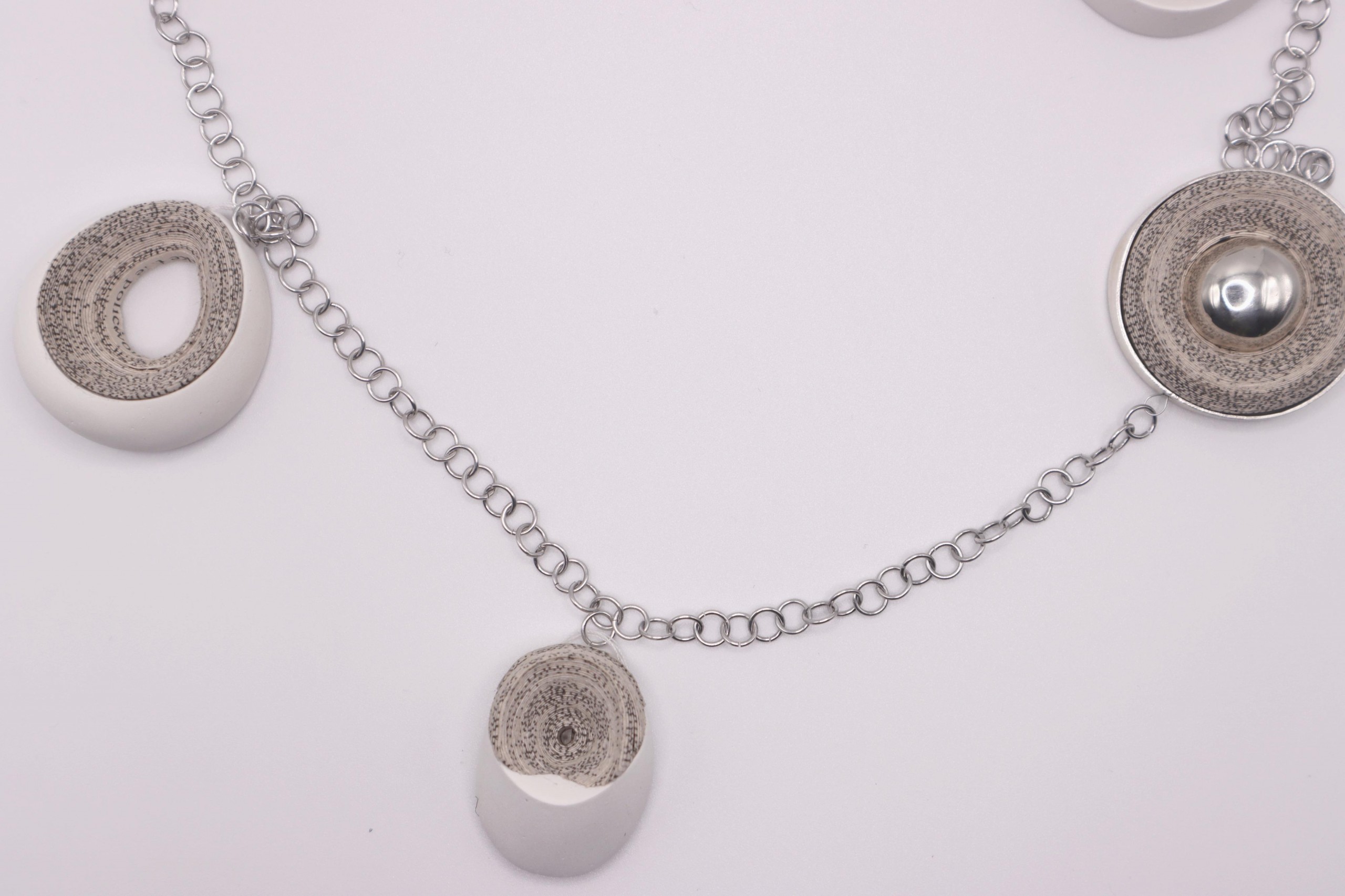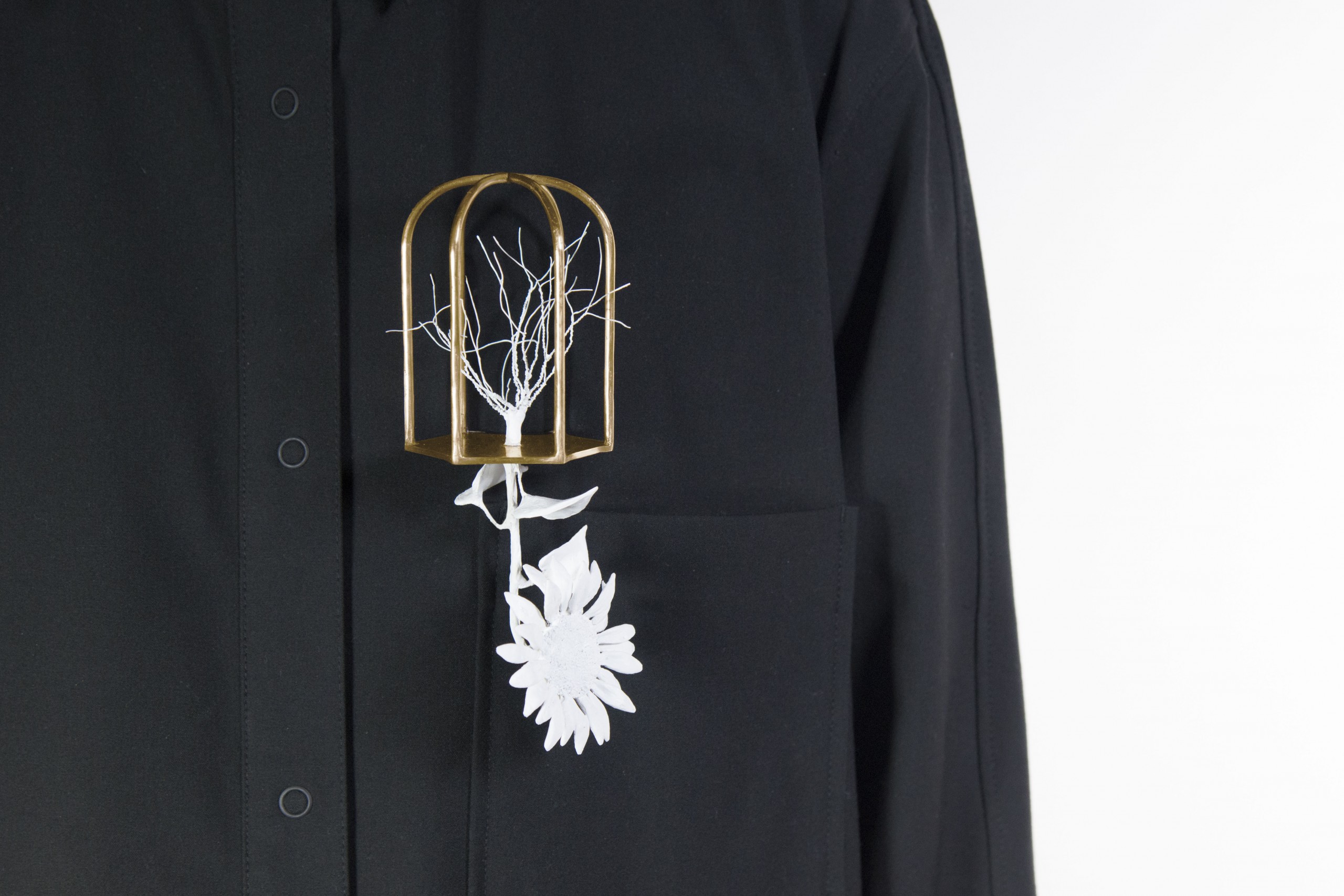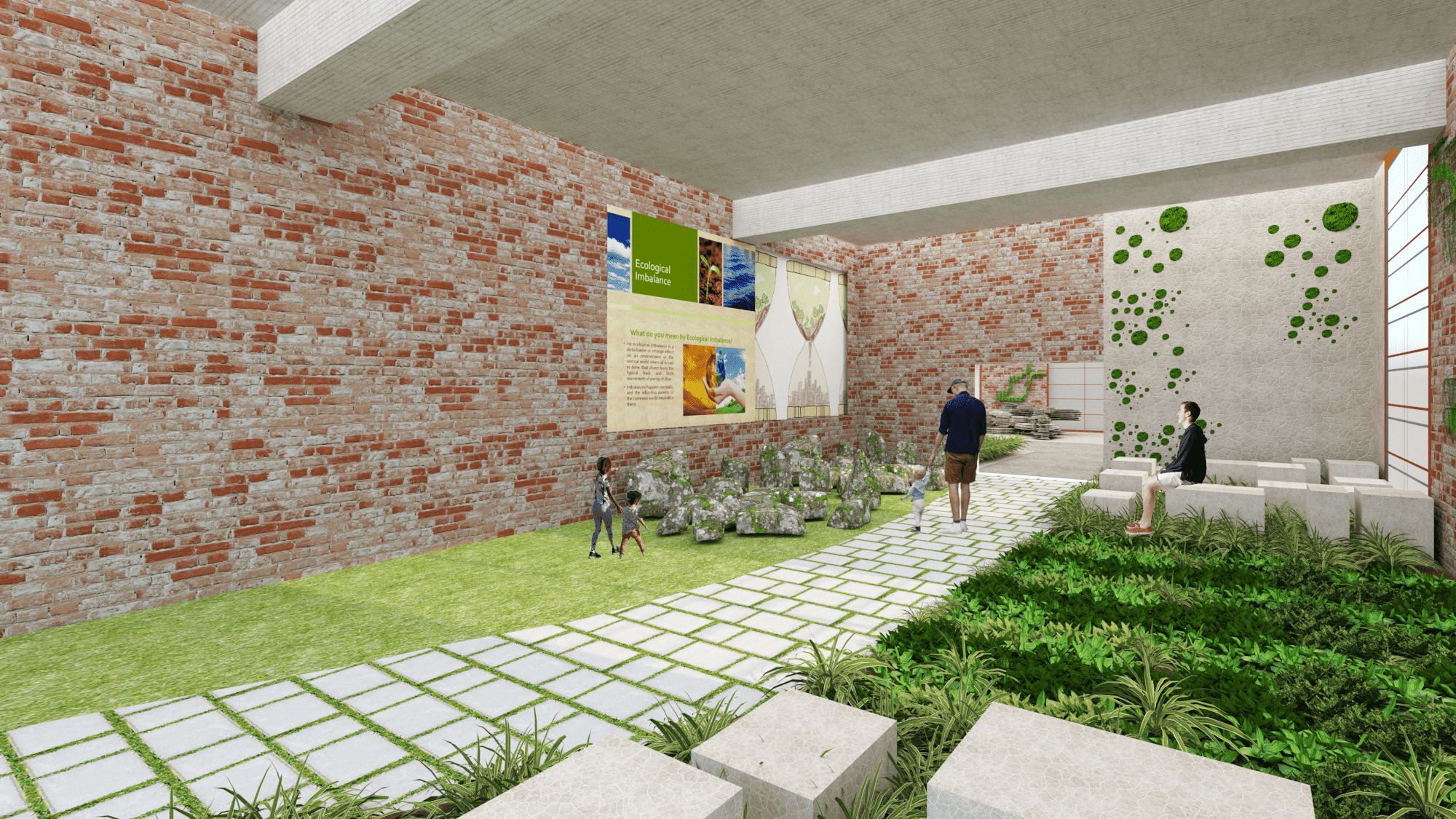
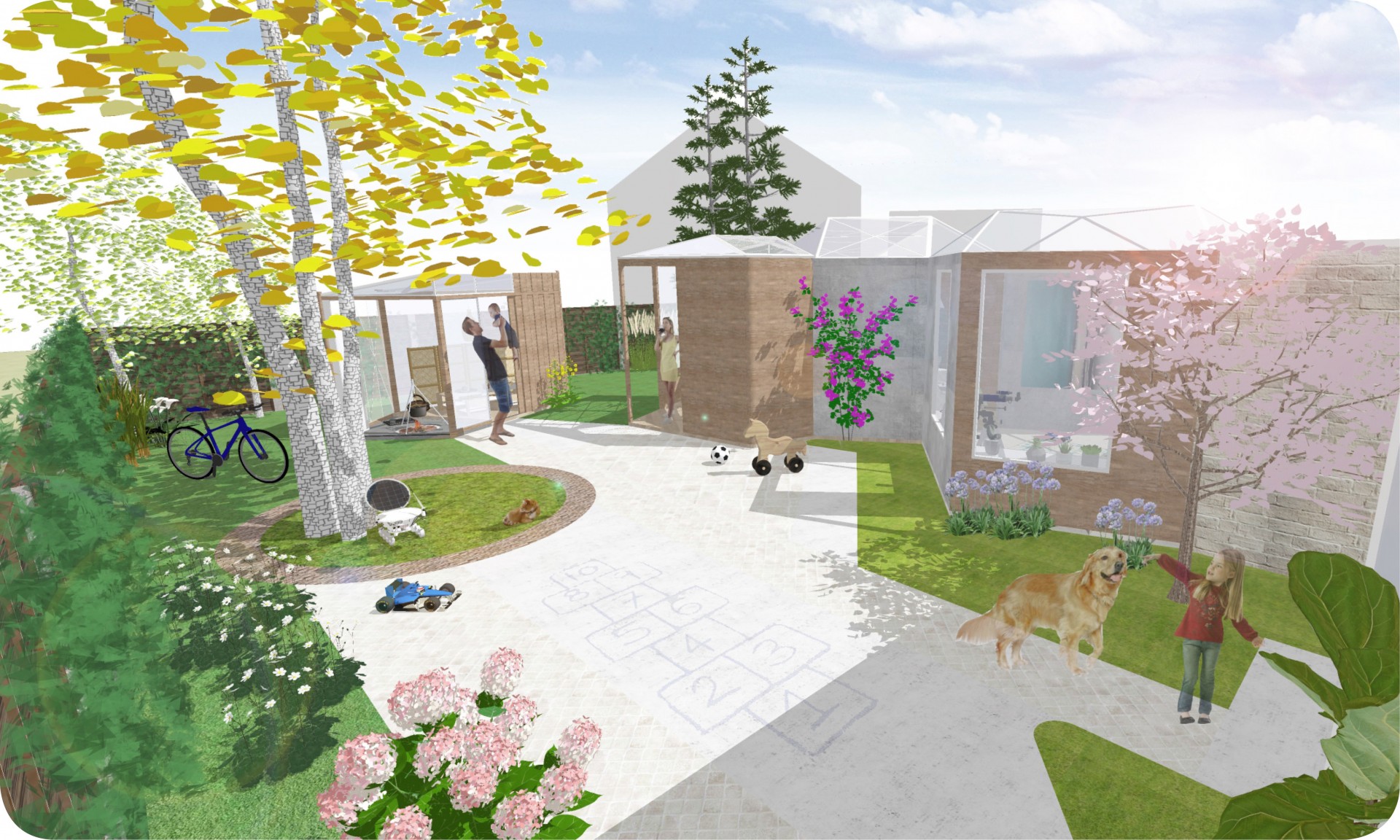
“In the context of 2020, does the design of residential houses still meet the needs of people/families in the UK?”
In 2020, with the Covid-19 Pandemc in full swing, residential space was facing unprecedented challenges. Shan Ye has provided a new model for residential design through her graduation project.
Modern lives are faced with pressure and challenges and home is everyone’s harbour and refuge. Yet in modern global society, people move house much more often than in the past. “In an average month in the UK, around 100,000 households will move into a new home (Brycelands,2017).” Young people and middle-aged families move the most frequently. They move for their loved ones, for good jobs, for a better community environment, and for their children’s education. However, there is a shortage of buildable land area and no mandatory minimum space standards for housing in the UK. The large demand for houses has led the home builders to build more and more small houses, so called ‘rabbit-hutch new-builds’.
Ye’s combinable modular design provides a new solution to these problems, providing extra space on a limited footprint without changing the main structure of the building. Modules can be used independently, meeting the needs of different family members, helping families live together better without disturbing each other. Better use of outdoor space naturally helps relieve fatigue and mental relaxation, whilst bridging the social restrictions of the pandemic. Most importantly, the modules can be moved when the family moves home.
